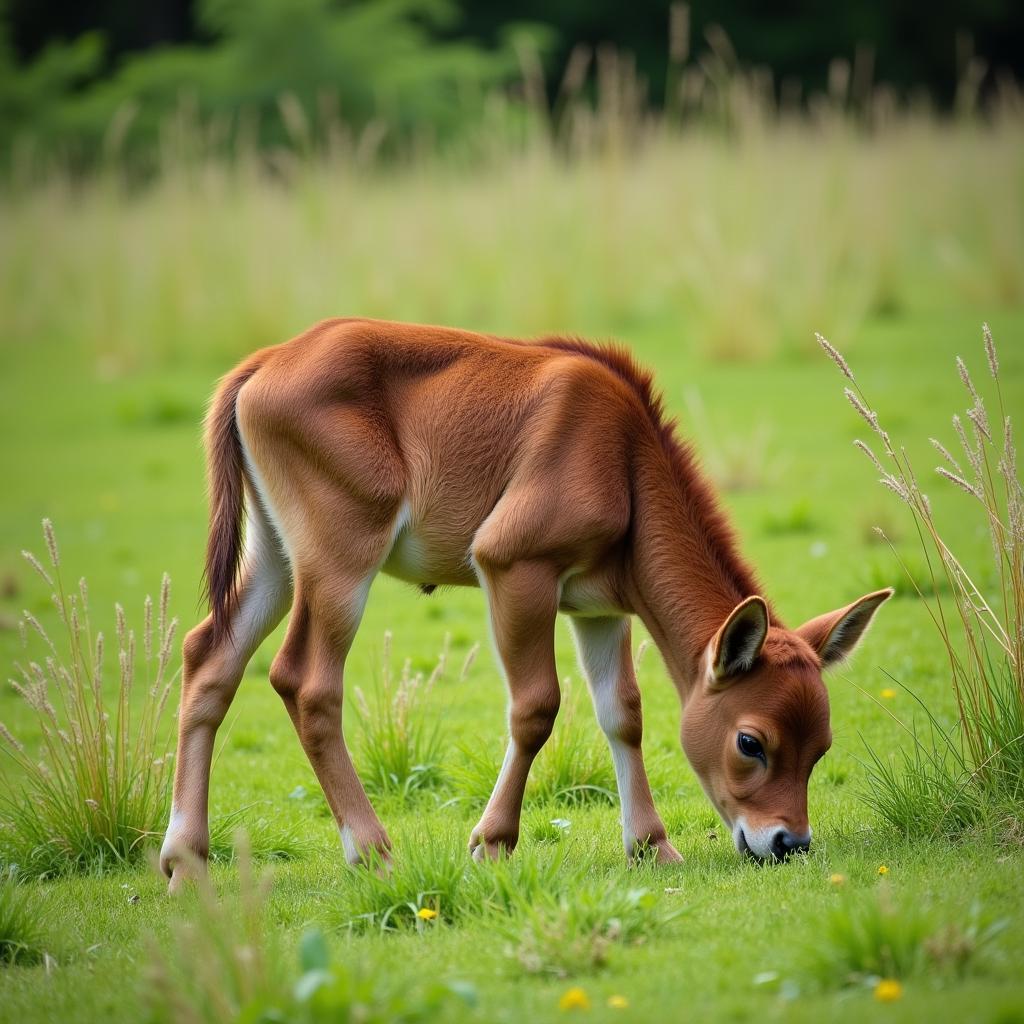Horse Life Stages: From Foal to Senior
November 24, 2024Understanding Horse Life Stages is crucial for providing appropriate care and training throughout their lives. From the moment a foal takes its first wobbly steps to their golden years as a senior, horses have unique needs at each stage of development. This guide explores the key milestones in a horse’s life, offering insights into their physical and behavioral changes.
The Early Years: Foal and Weanling
The first year of a horse’s life is a period of rapid growth and development. Foals are dependent on their mothers for nourishment and protection, gradually transitioning to solid food as they grow. Weaning, typically around six months of age, marks a significant transition as the foal becomes independent. During this time, proper nutrition and socialization are critical for healthy development.
A balanced diet, rich in essential nutrients, supports the foal’s rapid growth. red boost for sale can contribute to their overall health. Early socialization with other horses helps foals develop important social skills and reduces the risk of behavioral problems later in life.
 A young weanling grazing in a pasture
A young weanling grazing in a pasture
Yearling and Two-Year-Old: Adolescence
As horses enter their yearling and two-year-old stages, they continue to grow and mature physically. This is a critical time for skeletal development, and proper nutrition remains essential. Training can begin during this period, focusing on basic handling and groundwork. Introducing young horses to new experiences gradually helps them become well-rounded and adaptable.
“Early training should focus on building trust and establishing clear communication,” says renowned equine behaviorist Dr. Sarah Miller. “Positive reinforcement methods are crucial for creating a positive learning experience for young horses.”
Adult Horse: Prime Time
From three to ten years old, horses are generally considered to be in their prime. They reach their full physical maturity and are typically at their peak performance level. This is the ideal time for more specialized training and competition. Regular exercise, a balanced diet, and routine veterinary care are crucial for maintaining their health and well-being.
Senior Horse: Golden Years
As horses age, their needs change. Senior horses, typically over 15 years old, may require adjustments to their diet and exercise routines. Dental care becomes increasingly important, as dental issues can affect their ability to chew and digest food. Regular veterinary checkups are essential for monitoring their health and addressing any age-related issues.
Dr. Emily Carter, a veterinarian specializing in equine geriatrics, advises, “Providing senior horses with a comfortable environment, including appropriate bedding and shelter, can significantly improve their quality of life.” red boost for sale can be beneficial for senior horses.
Conclusion: Cherishing Every Stage
Understanding horse life stages allows us to provide the best possible care for these magnificent animals throughout their lives. From the playful energy of a foal to the wisdom of a senior, each stage offers unique joys and challenges. By meeting their specific needs at each stage, we can ensure that our equine companions enjoy long, healthy, and fulfilling lives.
FAQ
- What is the average lifespan of a horse?
- When should I start training my horse?
- What are the signs of aging in a horse?
- How can I ensure my senior horse is comfortable?
- What are the nutritional needs of a growing foal?
- What is the best way to wean a foal?
- What are the common health problems in senior horses?
For further assistance, please contact us at Phone Number: 0915117113, Email: [email protected] Or visit our address: Hamlet 3, Binh An, Phu Thuong, Vietnam, Binh Phuoc 830000, Vietnam. We have a 24/7 customer service team.